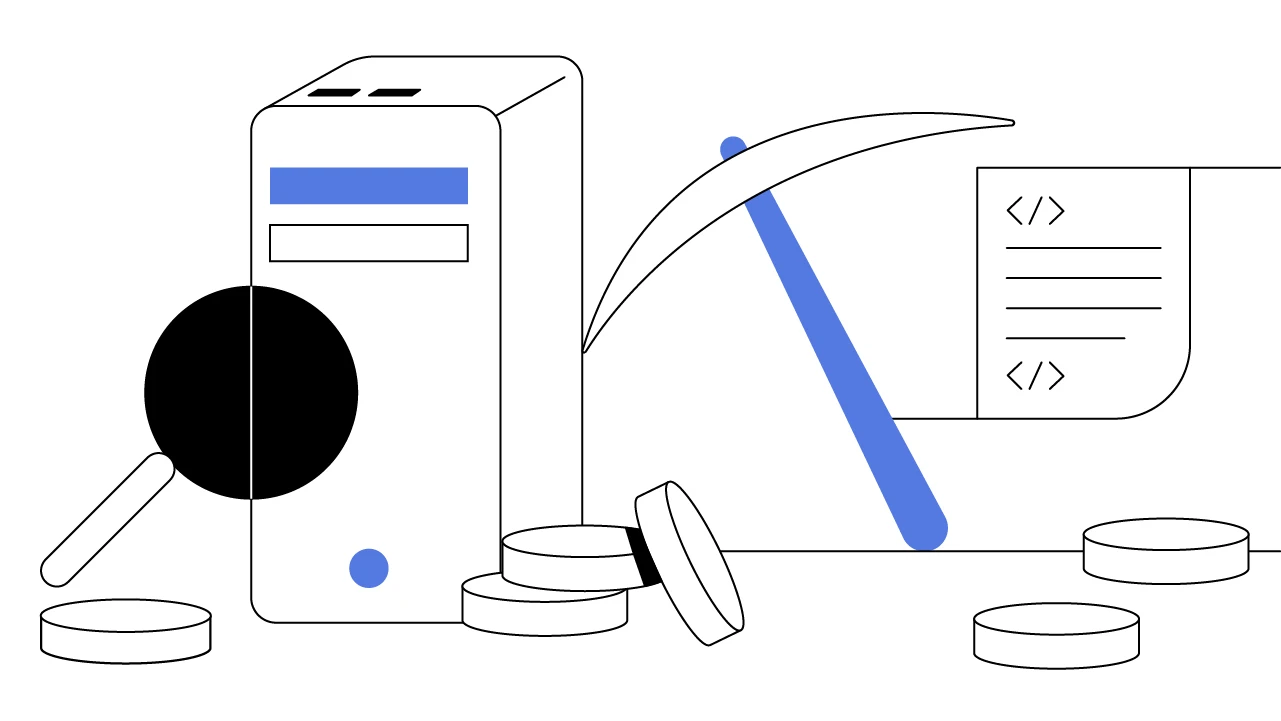Contents
What Are Public and Private Keys?
To understand how crypto transactions work, it’s essential first to learn how public and private keys work together.
Updated June 28, 2022 • 3 min read

Summary
Public and private keys are an integral part of Bitcoin and other cryptocurrencies. They allow you to send and receive cryptocurrency without requiring a third party to verify the transactions. These keys are a part of the public-key cryptography (PKC) framework. You can use these keys to send your cryptocurrency to anyone, anywhere, at any time. The public and private keys fit together as a key pair. You may share your public keys in order to receive transactions, but your private keys must be kept secret. If anyone has access to the private keys, they will also have access to any cryptocurrency associated with those keys.
What Is Public-Key Cryptography?
Public-key cryptography (PKC) is a technology often used to validate the authenticity of data using asymmetric encryption. PKC was first used primarily to encrypt and decrypt messages in traditional computing. Cryptocurrencies now use this technology to encrypt and decrypt transactions. Without PKC, the technology underpinning cryptocurrencies would be practically impossible.
The key to PKC is “trapdoor functions,” one-way mathematical functions that are easy to solve in one way, but nearly impossible to crack in the reverse. While it might be possible, it would likely take a supercomputer — and thousands of years — to reverse engineer these functions.
What Is a Public Key?
A public key allows you to receive cryptocurrency transactions. It’s a cryptographic code that’s paired to a private key. While anyone can send transactions to the public key, you need the private key to “unlock” them and prove that you are the owner of the cryptocurrency received in the transaction. The public key that can receive transactions is usually an address, which is simply a shortened form of your public key.
Therefore, you can freely share your public key without worry. You may have seen donation pages for content-creators or charities with the public keys for their crypto addresses online. While anyone can donate, you’d need the private key to unlock and access the donated funds.
What Is a Private Key?
Here is one crucial piece of advice to remember: Never share your private key with anyone. A private key gives you the ability to prove ownership or spend the funds associated with your public address. A private key can take many forms:
256 character long binary code
64 digit hexadecimal code
Mnemonic phrase
Regardless of its form, a private key is an astronomically large number, and it’s large for a good reason. While you can generate a public key with a private key, doing the opposite is practically impossible because of the one-way “trapdoor” function. You can have any number of public keys connected to a private key.
What Does It Mean to “Digitally Sign” a Transaction?
For a transaction on the blockchain to be complete, it needs to be signed. The steps for someone to send you a transaction are:
A transaction is encrypted using a public key. The transaction can only be decrypted by the accompanying private key.
Next, the transaction is signed using the private key, which proves that the transaction hasn’t been modified. The digital signature is generated through combining the private key with the data being sent in the transaction.
Finally, the transaction can be verified as authentic using the accompanying public key.
You digitally sign a transaction to prove you’re the owner of the funds. Nodes check and authenticate transactions automatically. Any unauthenticated transactions get rejected by the network. An authentic, mined transaction on the blockchain is irreversible.
Where Are My “Private Keys?”
Your private keys are in a cryptocurrency wallet, which is typically mobile or desktop software or a specialized hardware device. Your private keys are not on the cryptocurrency blockchain network. If you keep cryptocurrency on an exchange, then the exchange is the custodian of your private keys; you’re trusting it with your keys in the same way you’d trust a bank’s vault to hold your gold.
If you transfer your cryptocurrency from an exchange to a non-custodial wallet, then you are in control of your keys. Because of the configuration and functionality of cryptocurrency wallets, you’ll likely never handle the private keys directly as wallets generally manage them for you automatically. Typically, you’re given a seed phrase that encodes your private keys as a back-up.
Public and Private Keys Control Your Crypto
How public and private keys work together is fundamental to understanding how cryptocurrency transactions function. When you say you have cryptocurrency, what you’re really saying is you have a private key that proves ownership of that cryptocurrency. Since it’s stored on the blockchain, anyone can verify you as the owner with your public key.
The choice of “holding your own keys” or trusting a custodian depends on your philosophy, risk-tolerance, and a host of other factors. If you hold your own private keys, consider modern HD wallets, which can do a great job of managing your private keys, and remember to never share them. If you choose a custodial solution like an exchange, make sure you choose a trusted, reputable company that places a high emphasis on security and regulation.
Cryptopedia does not guarantee the reliability of the Site content and shall not be held liable for any errors, omissions, or inaccuracies. The opinions and views expressed in any Cryptopedia article are solely those of the author(s) and do not reflect the opinions of Gemini or its management. The information provided on the Site is for informational purposes only, and it does not constitute an endorsement of any of the products and services discussed or investment, financial, or trading advice. A qualified professional should be consulted prior to making financial decisions. Please visit our Cryptopedia Site Policy to learn more.

Is this article helpful?


